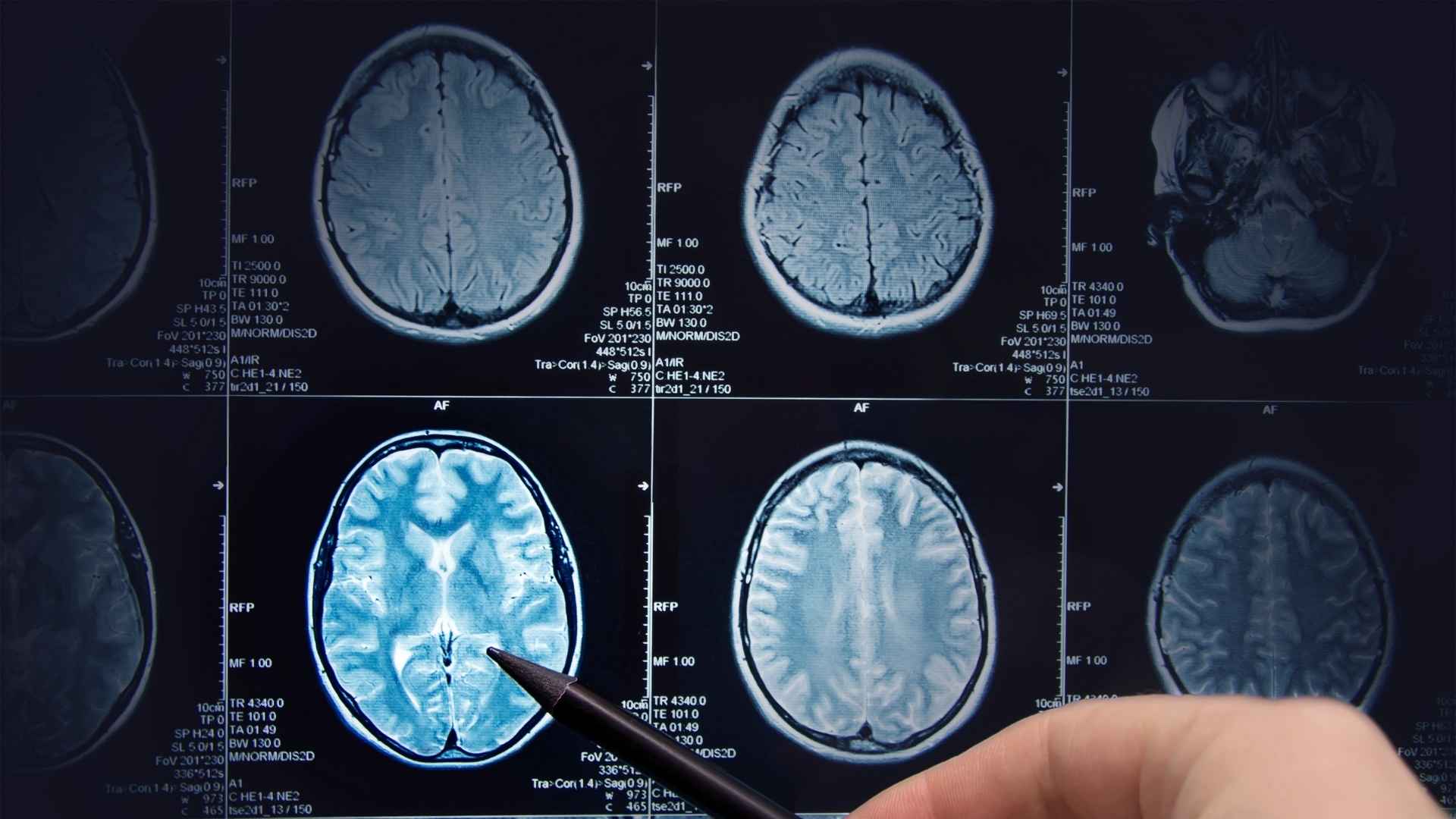How do you know when you’ve just met a solution-focused (SF) hypnotherapist? The smile, the confidence and they way they can’t wait to tell you what they do. They will try and tell you how amazing the brain is…they may draw you pictures. Don’t worry though, they aren’t mad, they are just loving life because they know they can help so many more people live happy and fulfilled lives. Here are 10 reasons they love their careers, as told by our friends, colleagues and CPHT graduates.
1: You’ll feel like a superhero, because you change lives every day. What you do, as a solution-focused hypnotherapist, is important; you help people get their lives back on track. By changing their world you are changing the world. You make a positive difference.
2: Your therapy is based around hard evidence that is updated every year. People in the medical profession train for a career as a solution-focused hypnotherapist because this is one of the few forms of hypnotherapy that is truly evidence based, has a research programme to support its findings and is underpinned by the latest findings in neuroscience.
3: You get to choose when and how much you work. You get flexibility and freedom. No more being fed up with working for other people, doing a job that isn’t important or being stopped from doing what’s right in a job that is important.
4: It is simple. Solution-focused hypnotherapy is a modern form of hypnotherapy that is simple for your clients to understand and because they ‘get it’ they move forward quickly. Simple means that what seemed like overwhelming issues, for your clients, can be overcome by making consistent small changes. It makes the impossible, possible.
5: You can work from home. Although many SF hypnotherapists work in clinics, many also work from a dedicated therapy room in their home. Quite often their children have moved out and they have space to use, or convert a garage or summerhouse into a therapy room. Wherever you decide to work, it is up to you.
6: It is safe. Solution-focused hypnotherapy is safe for you and safe for your clients because we don’t use potentially damaging, old fashioned or out of date therapy. We know that, in order to resolve the past it is NOT necessary to do delve into it. Your clients enjoy it more and, because we explain how the brain works, feel in control and empowered when they are working with you.
7: Variety is the spice of life. In the morning you might be helping someone who suffers with depression, then a smoker finally kick the habit, a teenager pass their test or a young mum regain her confidence to go back to work. You’ll never be bored because every day is different and you always end the day knowing you’ve made a positive difference.
8: It is fun. It is no wonder solution-focused hypnotherapists love their career; in solution-focused hypnotherapy we encourage our clients to enjoy their sessions, laughter is helpful and we can laugh with them. Our clients look forward to their sessions and feel better after each one.
9: You have control of your career and your finances. Hypnotherapy is currently the fastest growing industry in the UK and solution-focused hypnotherapy is recognised as one of the most successful and reputable forms of hypnotherapy that delivers consistent and measurable results for clients.
10: Learning never stops. Every day we are discovering more about how the brain works and the field of neuroscience based therapies is growing quickly. Rather than relying on outmoded thinking we find out what the best of the best of therapy has to offer and use that to keep you up to date in your learning.
Bonus 11: Solution-focused hypnotherapists trust the quality of their training. Your training is independently assessed, has a nationally recognised qualification and gives you the opportunity to go on to train for the most advanced approved hypnotherapy level training in the UK. CPHT is highly respected within the hypnotherapy community and the founder, David Newton, has been interviewed for Radio 4 among others and spoken at the largest hypnotherapy conference in the UK.


 CPHT strive to be at the cutting edge of available research and technology, looking for innovative ways to give the most clinical evidence to students about why solution-focused hypnotherapy has such a significant and lasting effect on clients. It’s that ‘backed up by the latest research and findings in science’ that attracts so many students and we know that your future clients will often say it is why they chose you over another hypnotherapist. We live in a world where we are beginning to be able to prove why things work, which is why we take on that responsibility as your training school.
CPHT strive to be at the cutting edge of available research and technology, looking for innovative ways to give the most clinical evidence to students about why solution-focused hypnotherapy has such a significant and lasting effect on clients. It’s that ‘backed up by the latest research and findings in science’ that attracts so many students and we know that your future clients will often say it is why they chose you over another hypnotherapist. We live in a world where we are beginning to be able to prove why things work, which is why we take on that responsibility as your training school.


